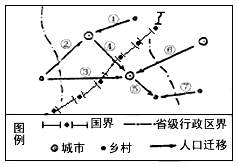问题
多项选择题
产成品及库存商品的评估,一般可采用( )。
A.收益法
B.成本法
C.市场法
D.分段法
E.割差法
答案
参考答案:B,C
解析:【解析】在产品包括生产过程中尚未加工完毕的在制品、已加工完毕但不能单独对外销售的半成品(可直接对外销售的半成品视同产品评估)。在对这部分资产进行评估时,一般可采用成本法或市场法进行评估。产成品及库存商品是指已完工入库和已完工并经过质量检验但尚未办理入库手续的产成品以及商品流通企业的库存商品等。对此类存货应依据其变现能力和市场可接受的价格进行评估,适用的方法有成本法和市场法。





